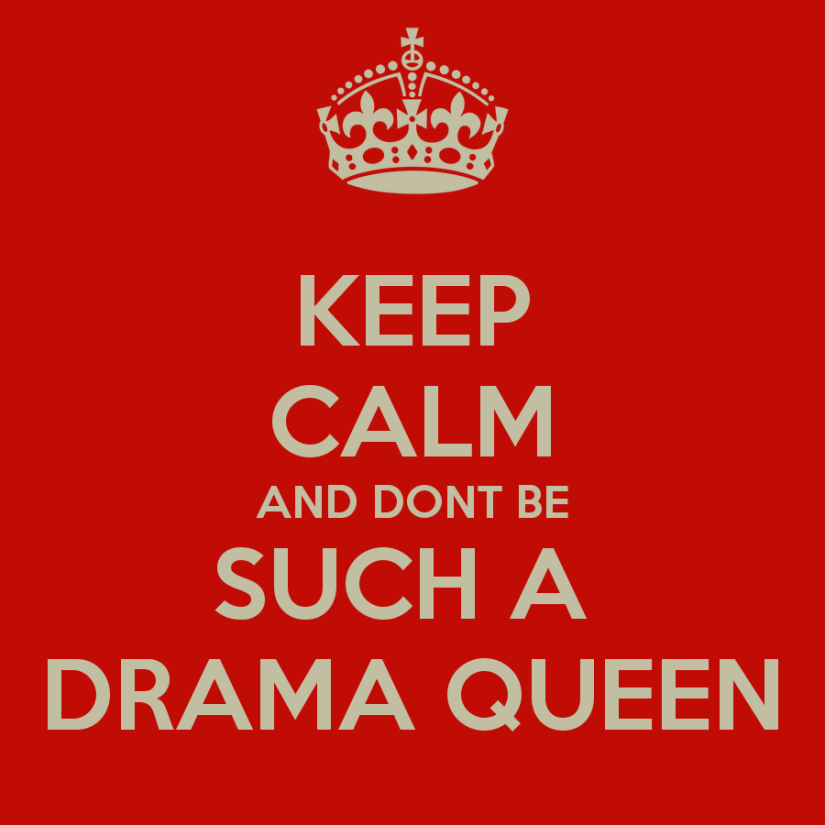
“Love is not what you say. Love is what you do.” ~Unknown
I used to think that true love should be passionate and intense. When someone broke up with me or treated me poorly, I’d imagine that he really didn’t mean it. Surely he was really a good person and truly loved me, but was just “going through something” or “needed space.” Eventually he’d be back with tears, apologies, and flowers.
I’d like to say I outgrew this tendency by the age of, well, maybe forty, but the fact is I didn’t.
Instead, I carried a torch for a recently divorced man, who couldn’t stick around for more than eight weeks at a time, for more than a year. Each time he returned, he’d tell me how much he missed me and how much I meant to him, and I loved to hear it.
Before him, I took well over a year off from dating anyone seriously because my ex-boyfriend might decide he wanted me back, and he called every month or so to check in. When he did this, I’d get thrown straight back into the drama of it all and second-guess my decision to end our relationship. After all, he said he loved me.
And the man before that, well, you get the idea.
This was all very exciting compared to my life at the office. It was very distracting as well. I’d spend hours googling self-help blogs and texting my girlfriends with the latest updates on “the guy” instead of doing my work.
Let’s face it, relationship drama can pull you right in. It demands your attention immediately. It’s so intense to get a text in the middle of the night or to navigate the ups and downs of a stormy relationship. On again, off again, always waiting for a call or text. Will he or won’t he? Will you or won’t you?
We modern humans no longer live in caves or have life and death struggles on a regular basis. Most of us live fairly routine lives in comfortable homes and have our physical needs met. Sometimes, you can get addicted to drama because it gives you a buzz of excitement that a regular old nine-to-five lifestyle just can’t.
A shot of adrenaline can help us wake up to life and get motivated. Things like climbing a mountain, signing up for a triathlon, or a tight deadline help us get fired up.
Taking on a new challenge from time to time can help us feel like we’re going somewhere in life. If we don’t do this, regular doses of relationship drama can provide a distraction. An unstable relationship may be exciting at first, but it can eventually become draining.
A turbulent relationship can sap your energy and your confidence. You never quite know where you stand with this person, and it wears down your sense of stability and security. It can bleed into the rest of your life and damage your other relationships, your career, or even your health.
If you’re involved in a troubled relationship, it can be all-encompassing. It’s also very tempting to adopt the role of the savior because you get to be the “together” person, the responsible one.
If you’ve been living on a steady diet of relationship drama, it’s time for a reality check. Ask yourself how this situation is serving you. Blaming the other person and hoping that they will change isn’t helpful, because you’re the one who’s tolerating these circumstances in your life.
Being willing to accept responsibility for the situation you’re in is the first step to a more fulfilling love life.
Ask yourself what kind of relationship you want to have. Take some time and journal about it. How do you want to feel? What is your day-to-day experience like? Is that kind of relationship possible with the person you’re with (or considering) now? Not when or if they finally change. Now.
When I asked myself these questions, I saw that I wanted to be loved and to feel safe. I wanted to know that my significant other was “all in” with me, not halfway out the door. I came to recognize that I wasn’t choosing men who were willing to have this kind of relationship with me.
I also realized that once I discovered that this was the case with a particular person, I was very reluctant to let him go. Instead, I’d hang on for far too long in the hopes that things would get better, which they never did.
Once you’ve considered these questions for yourself, consider what changes you’ll need to make in order to have the kind of relationship you want.
I came to understand that I’d have to give up the idea that drama was an indicator of true love. The kinds of relationships that I previously would have considered “boring” were, in fact, desirable. I found more healthy ways of adding excitement to my life.
The man I married is dependable and reliable. I can always count on him to keep his promises and I know he adores me. I couldn’t be happier.
From our very first conversation on, I never had any doubts or had to wait for him to change or “come around”. He made his feelings for me very clear from the get-go and I always knew where I stood with him.
I always feel safe with him and we go hiking and mountain climbing instead of breaking up every few weeks.
If you really want to have a fulfilling relationship, then it’s time to make choices that are consistent with your desire. This can be difficult, because people often consider drama an indicator of love or passion, but it doesn’t have to be that way.
You can choose to see drama for what it is, an indicator of an unstable relationship. Once you do this, commit to dating people who are capable of having a healthy relationship.
Doing these things will drastically increase your chances of having a fulfilling relationship.


 (Koh Chang, credit to Lucy)
(Koh Chang, credit to Lucy)